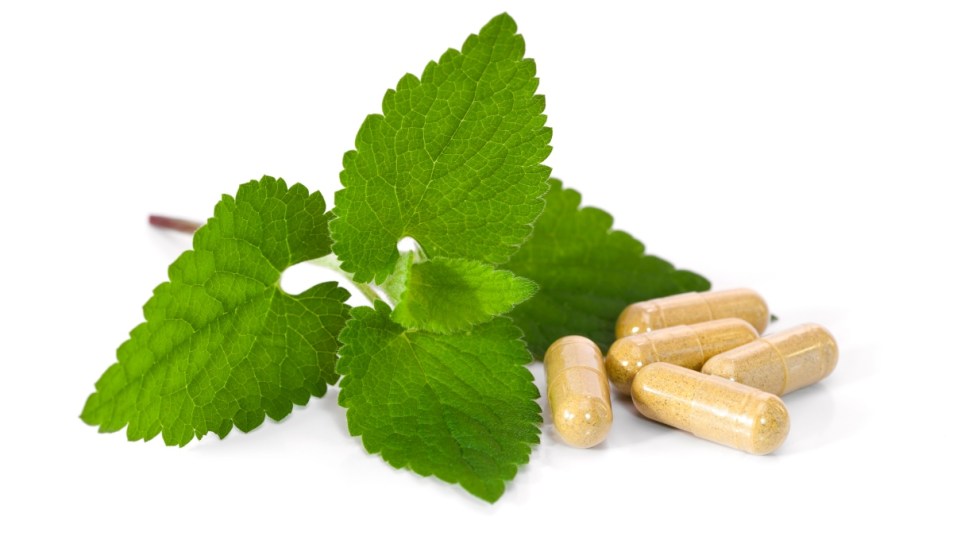This Soothing Extract Helps Relieve Heart Palpitations by Reducing Stress and Anxiety

Have you ever felt a strange fluttering or pounding sensation in your chest? If so, you were probably experiencing heart palpitations. A palpitation is like a blip on the radar – an abnormal beat (or lack thereof) in your heart’s normal rhythm. For most of us, these are infrequent and nothing to worry about. But palpitations can occur more often if you’re experiencing stress or anxiety. Fortunately, there’s something you can do to alleviate those uncomfortable blips in your rhythm: take lemon balm extract.
In a study published by the Journal of Ethnopharmacology, researchers in Iran tested the effectiveness of lemon balm in relieving benign heart palpitations. They noted that Iranians have long used lemon balm as a form of traditional medicine, often calling it a “heart tonic.” As such, they were curious to see whether lemon balm could relieve palpitations by easing tension, restlessness, and irritability.
Understanding the Study
The researchers recruited 71 participants from the cardiology outpatient clinic at the Shahid Mostafa Khomeini Hospital in Tehran, Iran. All patients who were recruited cited heart palpitations as their main complaint, and said they had experienced symptoms for at least three months. In addition, the research team excluded individuals who had other conditions that could affect the results of the study, including serious psychiatric disorders and heart disease.
The study took place over the course of two weeks. The team split participants into two main groups: those who received 500 milligrams of lemon balm extract twice daily, and those who received a placebo twice a day. Study participants filled out questionnaires daily, detailing their symptoms. (They had also filled out questionnaires every day for a week before starting the study, so researchers could get a baseline.)
Out of the 71 recruited patients, 55 completed the study. Upon analyzing the data, the researchers found that the people taking lemon balm had about 40 percent fewer palpitations than they did before taking the extract. The placebo group didn’t experience any significant changes in palpitation frequency.
Interestingly, those in the lemon balm group also experienced fewer episodes of anxiety and insomnia. This suggests that the extract reduces benign heart palpitations caused by psychological factors. The reason? Researchers aren’t certain, but previous research indicates lemon balm may reduce cortisol levels (your stress hormone) in the body.
How to Use Lemon Balm
If you’re looking for an at-home remedy for stress and heart palpitations, taking lemon balm extract could be an easy, natural fix. While the study participants took 1,000 milligrams per day, it’s a good idea to start out with a smaller dose (such as 500 milligrams daily) in case you experience adverse side effects, like drowsiness or nausea. You could also try drinking lemon balm tea — just add one-quarter to one teaspoon of dried lemon balm herb to hot water, and enjoy it up to four times per day. (Of course, you’ll want to check with your doctor before starting any new supplement routine.)
It’s also worth noting that many different factors can bring about heart palpitations. Those include caffeine, dehydration, low potassium, low blood sugar, too much chocolate, alcohol, and fever, according to Harvard Health. You should see a doctor if you experience frequent palpitations accompanied by fainting, dizziness, unusual sweating, lightheadedness, or chest pains. And if you’re unsure of what’s causing your heart to flutter or beat strangely, it never hurts to ask a physician. Regardless, we hope a little lemon balm can help you reduce your stress levels (and even improve your sleep) when you need it.













